
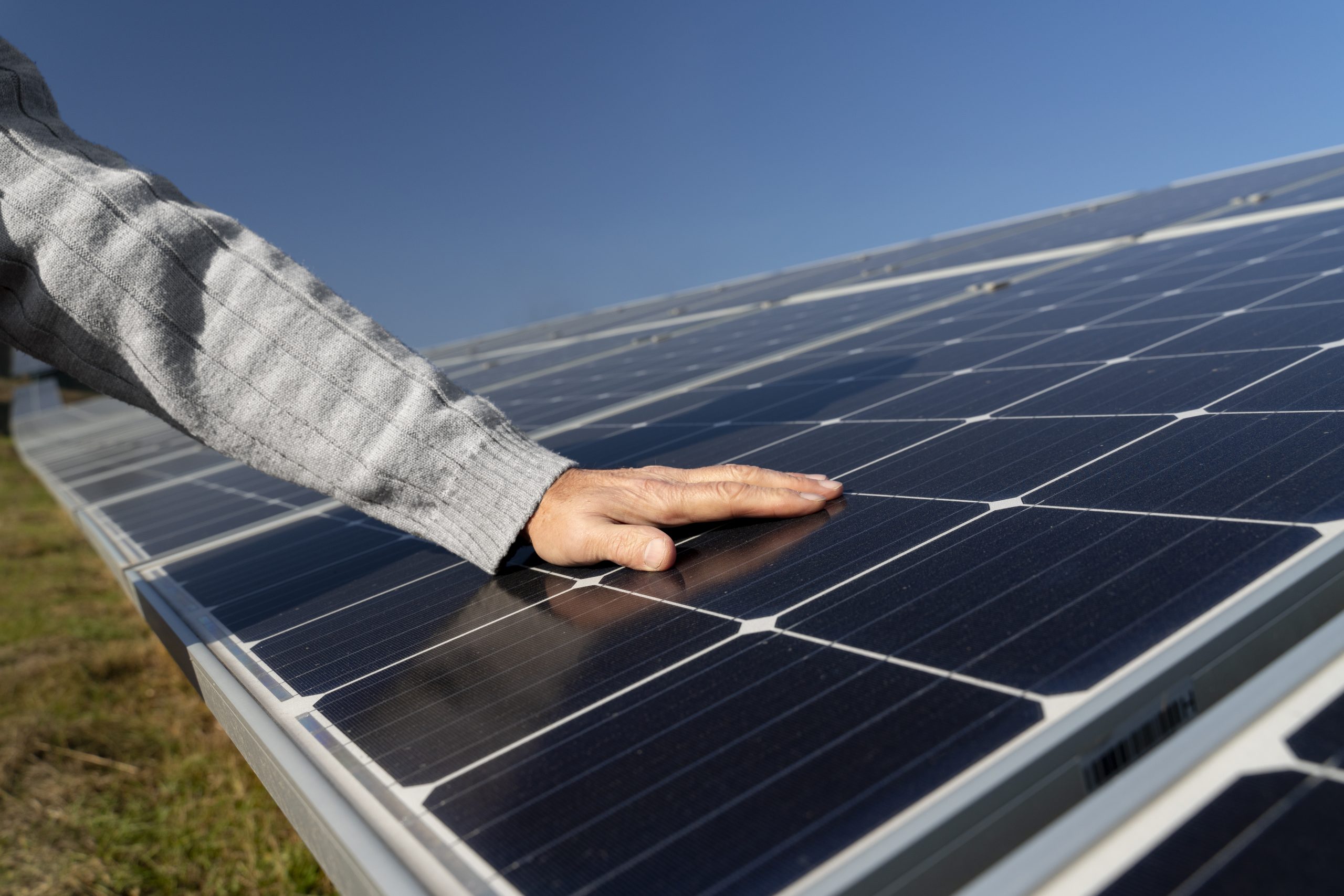


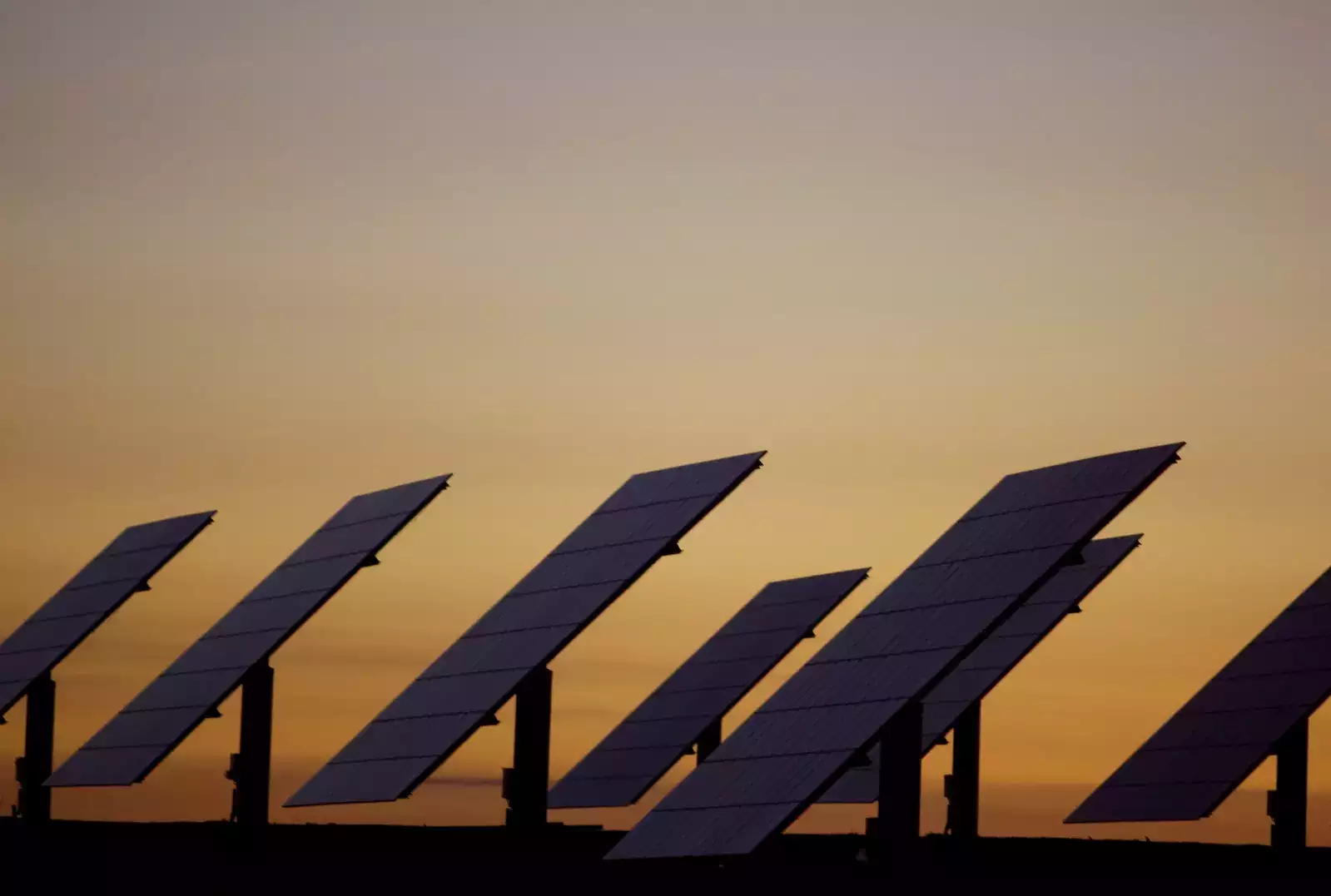
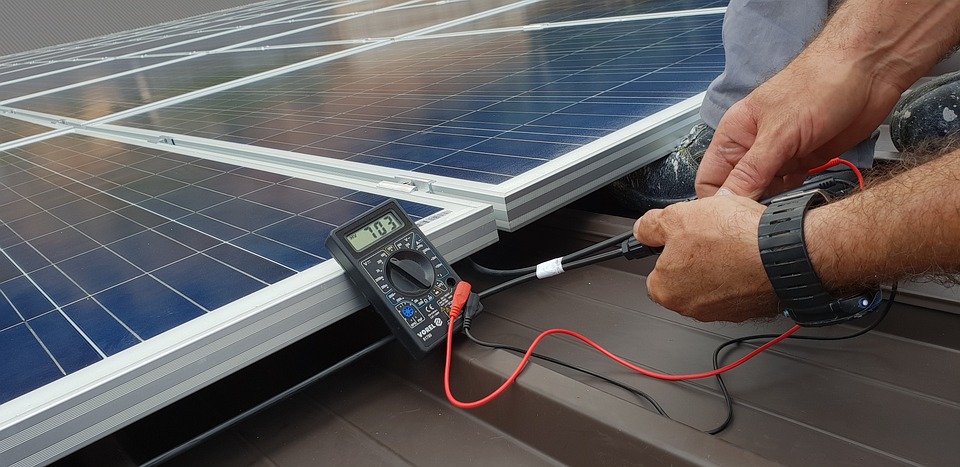
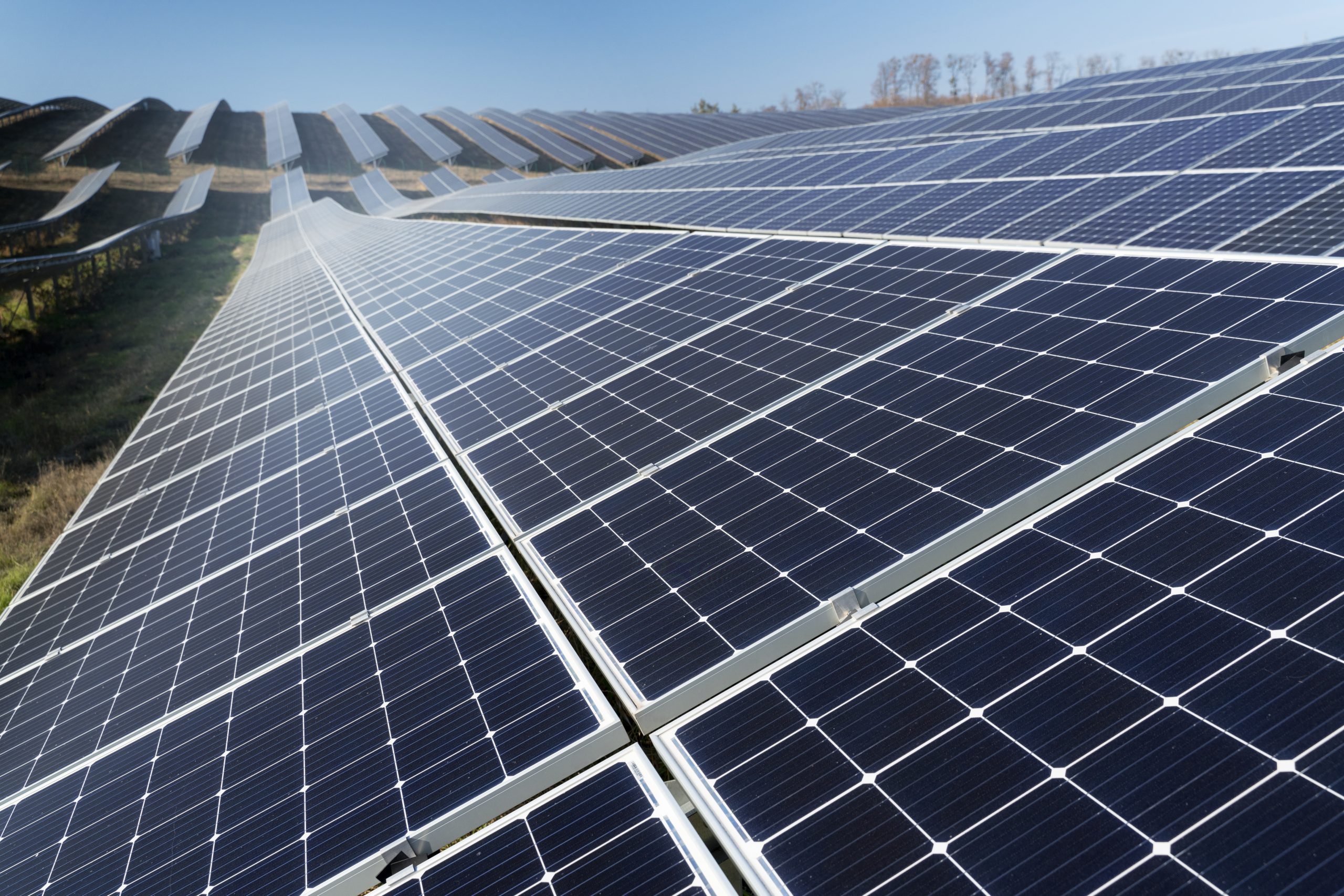
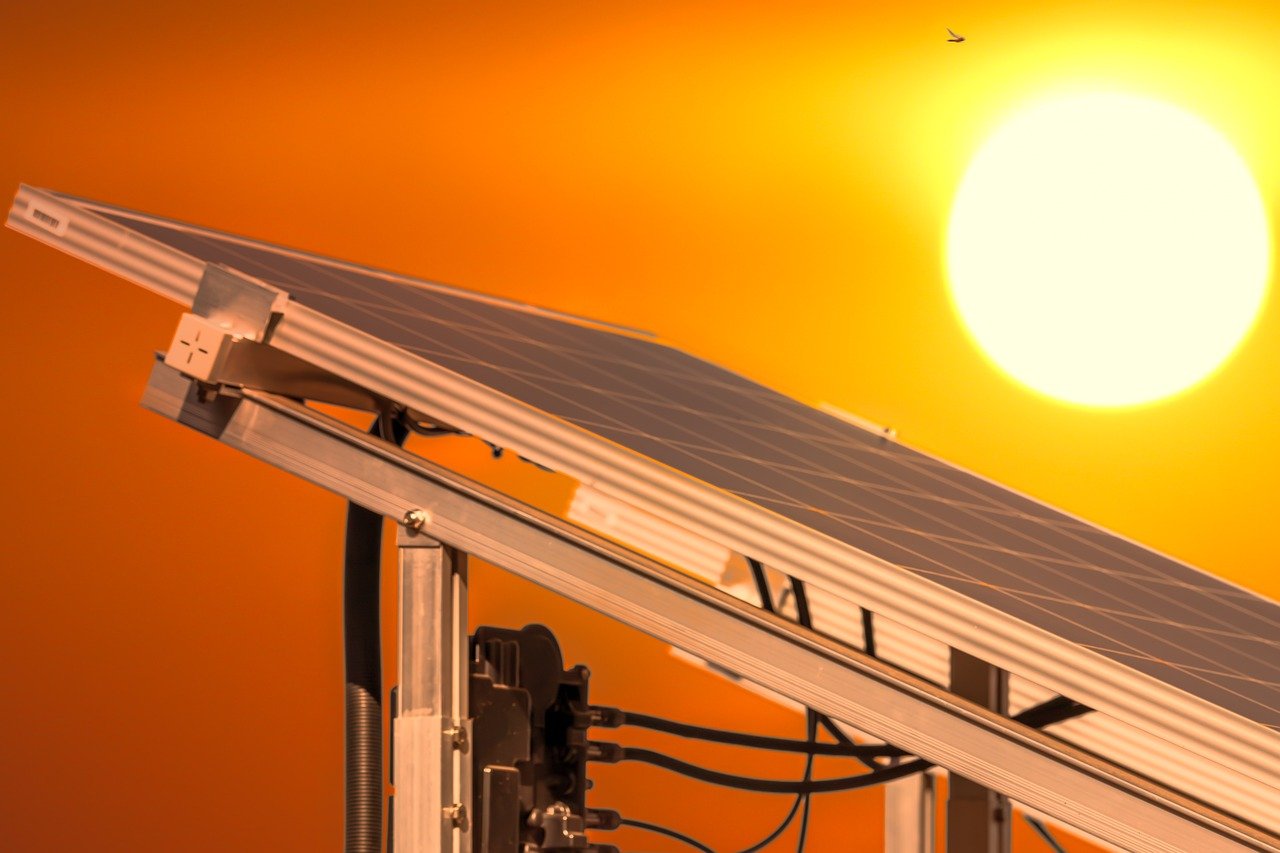

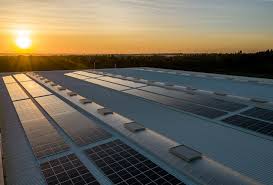
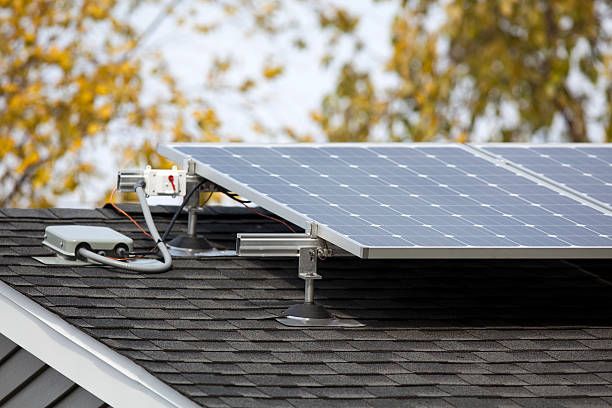
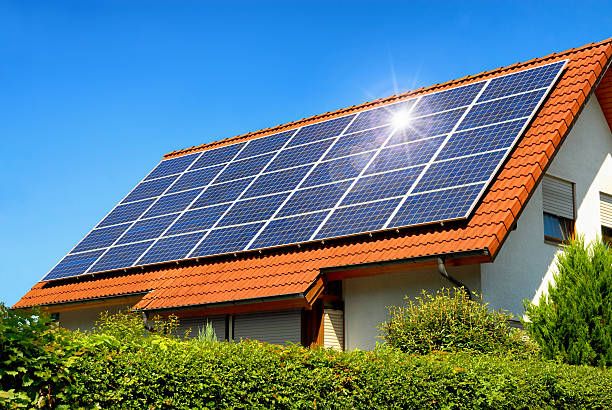
Electric cars with solar panels bring about an unpopular question of how many solar panels are needed to charge an electric car. Now, the number of solar panels needed will vary according to the size of the car. If we consider the standard Tesla Model S, we will notice that the battery capacity of this car is 100kWh.
The solar panels’ size also affects the number needed to charge an electric car, apart from the car’s size. Since a low output solar panel can generate 1kWh of AC power each month, you will need at least 75 solar panels to charge a standard Tesla Model.
In case you have a solar panel installed on the roof of your house, you will know that it cannot store electricity as such. Therefore, whatever electricity is generated using solar panels has to be used immediately.
You can use the generated electricity to power the different appliances in your home or sell it back to the grid. The solar panels to charge cars can be used by storing the power generated in a solar battery. The excess energy can be stored in the solar battery and can later charge your electric car.
However, to charge your electric car using a solar panel, you will have to install a PV inverter as well as a home charging unit. This can be a costly affair but at the same time help you in the long run. The PV inverter will be able to convert the solar energy into DC as required by your car.
You can contact Waaree to get a solar panel installed, which will help you charge your electric car.
Have you read: Electric Cars Powered By Solar
You can charge your electric car pretty easily, no matter where you are. There are a few steps that you will have to follow to charge your electric car with ease.
You can easily charge your electric car if a home charging unit is installed. Home is the perfect place to charge your car overnight. You can go through the steps to charge your electric car at home.
The battery of your electric car can wear off during work hours. Therefore, charging at work is another convenient way since your car is parked for a longer duration. You can follow the given steps to go about the process.
You can charge your electric car at public places where the charging units have been installed. These can be scarce but follow the same procedure as the charging units at home or work. It will be easy for you to follow the instructions and charge your electric car.
Putting a solar panel on an electric vehicle is not a wise choice. Although sticking the solar panel on the roof of your electric vehicle can easily as well as directly charge your car, engineers have been working for many years to develop this technology. The main hurdle is that the size of the solar panels attached at the top of your electric vehicle will not be powerful or efficient.
The size will not be large enough to charge your car fully. Even the cost factor will be an issue since the whole system can be pretty expensive. Therefore, it is always better to get a solar panel installed in your home along with a charging unit and get your electric vehicles charged there themselves.
For installation-related queries, you can always contact Waaree and rely on them to get your work done!
Further read: Should buses use Solar Panels?
Solar energy batteries are needed to store the power generated by solar panels to be used later. The number of solar batteries will depend upon the amount of power generated by the solar panels. This will again depend upon the size of the solar panels installed at your place.
Ideally, four to five solar energy storage batteries are needed to provide power to the whole house and use the power to charge your electric vehicles. However, if you feel that your solar panel generates more power than needs to be stored, you can always purchase more storage batteries.
With the continual rise in population and automobile usage, turning to greener alternatives has become the need of the hour. Thanks to the pandemic, people have started switching to more sustainable options in terms of clothing so why can’t we adopt environmentally friendly options in all aspects of life?
If you’ve decided to make the switch to solar, you must turn to a reliable and well-reputed company like Waaree. Waaree Energies Ltd., headquartered in Mumbai, India, is the flagship business of the Waaree Group, which was formed in 1989. Its factories in Surat and Umbergaon, Gujarat, have India’s biggest Solar PV Module production capacity of 2 GW.
Waaree Energies Ltd. is a leading provider of EPC services, project development, rooftop solutions, solar water pumps, and independent power generation in India. Don’t wait too long, check out our website to know more.
See also: Can you charge an electric bike with a solar panel?